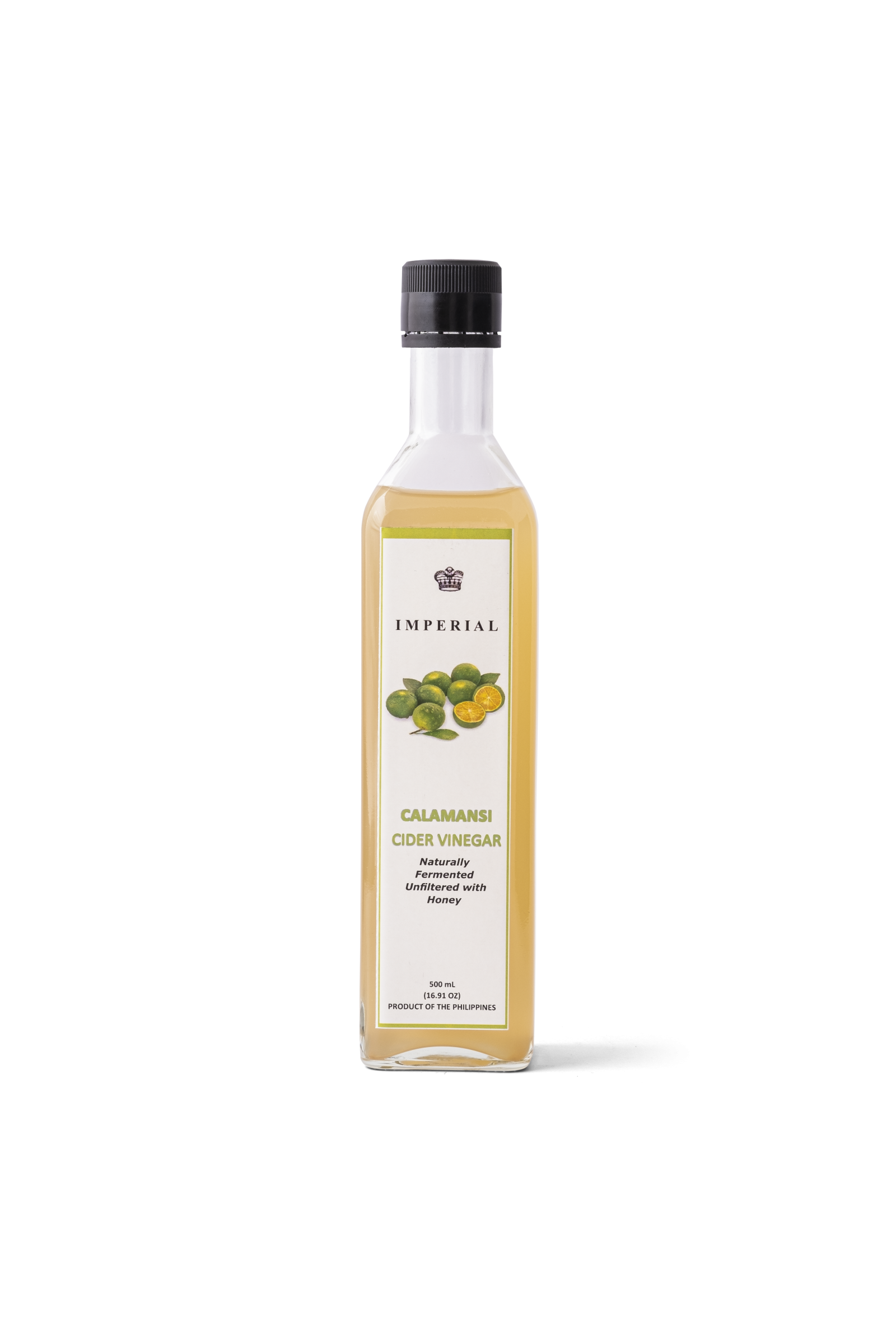How to Make your Brand Stand Out
Being a newbie in any industry is tough, most especially in the cutthroat world of food and bever-ag...

July 16, 2021
When Helen del Rosario started Soyuz Food International Inc. in 2006 to manufacture 100% pure calamansi extract for export, people questioned her choices. The common local citrus is plucked from a hardy, low-lying shrub grown easily in backyards all over the Philippines. It is typically used in marinades or as a condiment to many Filipino dishes. While it is consumed for its alleged health properties, these are, as Del Rosario describes, “mostly anecdotal” and widely considered as “folk remedy.”
Still, the businesswoman believes so strongly about calamansi’s potential for global acceptance that she invested heavily in its science. “Being one of the pioneers in the industry, much of the company’s efforts and resources went into research and development,” she narrates. “It took us 2 years of intensive research working with government agencies and the academe to develop our calamansi processing plant and to implement the technology that was the output of our
research.”
To support their volume requirements as a steady demand grew abroad, they built a network of calamansi growers to provide a steady supply. By forging partnerships with farmers groups and agricultural entrepreneurs, Del Rosario and her team were able to put together sustainable development initiatives that have improved farmer’s living conditions and minimized poverty in the agriculture sector.
As in any pioneering business, there were many challenges at the onset. Del Rosario explains:
“One major problem is creating awareness of the health benefits of the products. Introducing calamansi to foreign markets that are not familiar with the fruit is sometimes frustrating and, most of the time, tedious.”
To support her endeavors and the community of calamansi growers and manufacturers as a whole, she helped found the Philippine Calamansi Association Inc. and also acts as its president. She also gives credit to the Department of Trade and Industry, Department of Agriculture, and Center for International Trade Expositions and Missions for being highly instrumental during the early stages of the business.
Another major challenge is the unstable supply of the fruit to be processed. Supply is seasonal and prices fluctuate by more than ten times within the year. Del Rosario explains that “one needs to be strategic and skilled in communicating with both the supply side and the market.” Thankfully, the government has seen the big potential of calamansi in the international market
that they have supported the growing industry through the introduction of technology. They are assisting farmers in terms of inputs and irrigation systems which have dramatically improved their productivity.
In 2019, the Bureau of Plant Industry reported that product volume was at 126,000 metric tons. Aside from pure calamansi extract, Soyuz Foods produces and exports calamansi fruit drink, sweetened concentrate, and calamansi essential oil used in both food and cosmetics. These are being exported to countries like China, South Korea, Canada, and the US.
With support from the government in nurturing the calamansi industry, as well as enthusiastic businessmen and women like Del Rosario who take pride in their products, there is no limit to the heights our local citrus can achieve. She exclaims, “indeed, our local calamansi is the next big thing in the world market!”
Check out these food fusions between Filipino and Middle Eastern cuisines
The unending quest for healthy and sustainable food amid changing lifestyles
A quick look at the Philippine food staple often getting a bad health rap